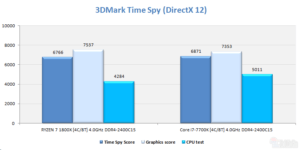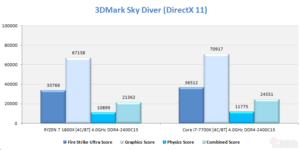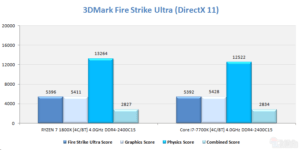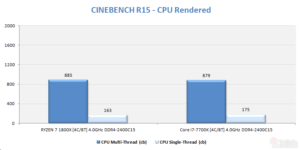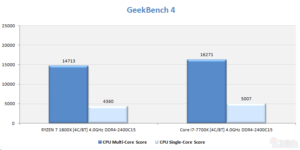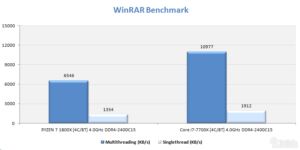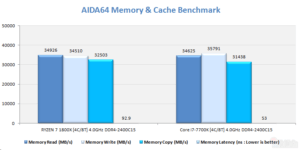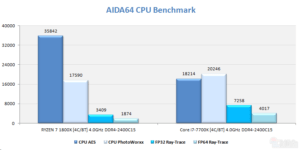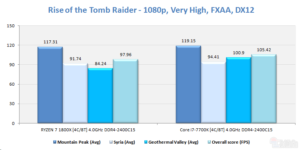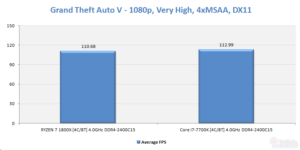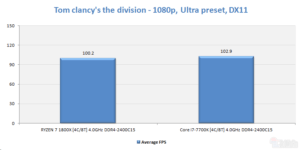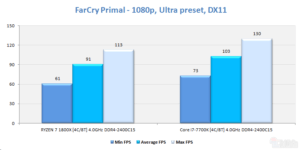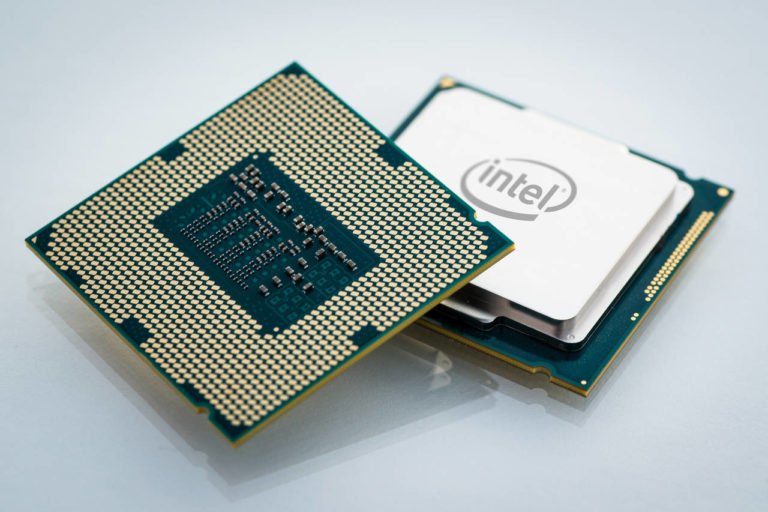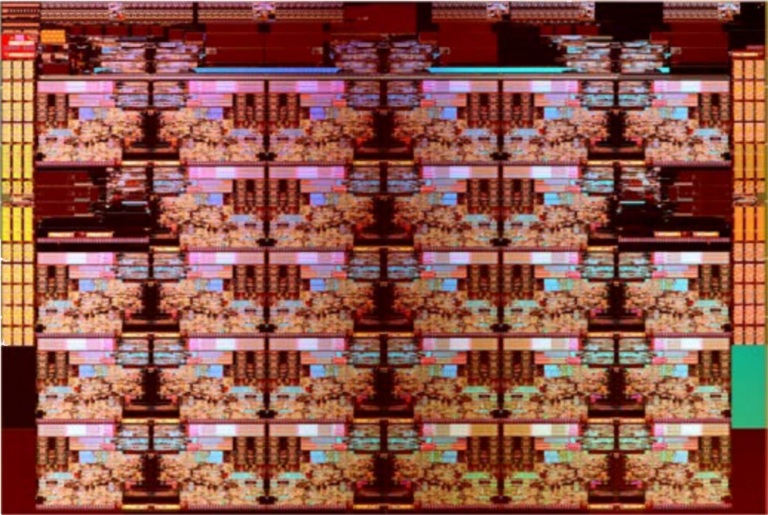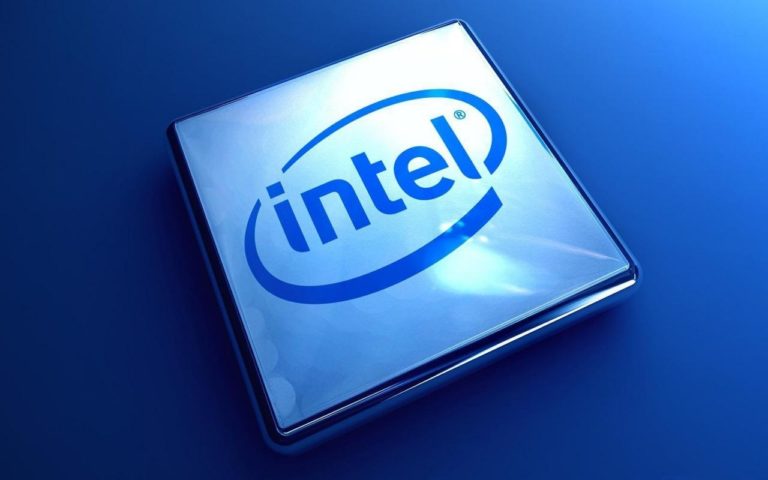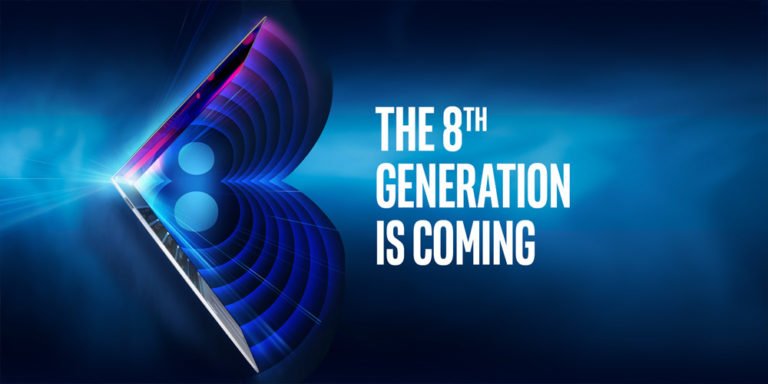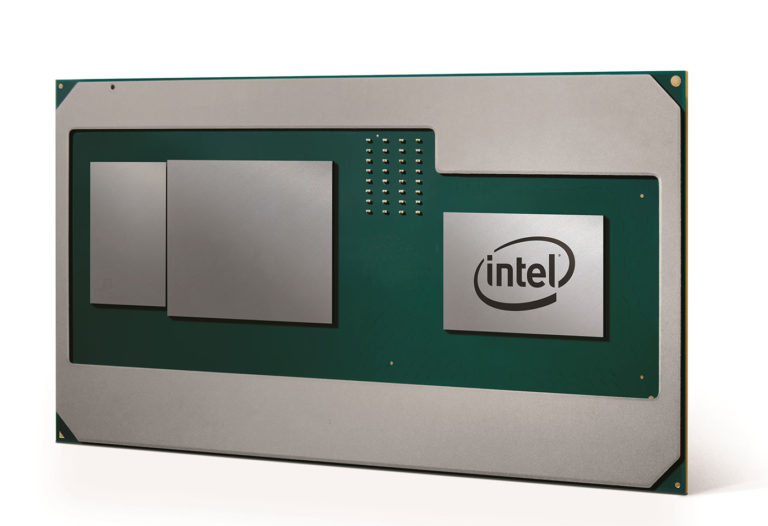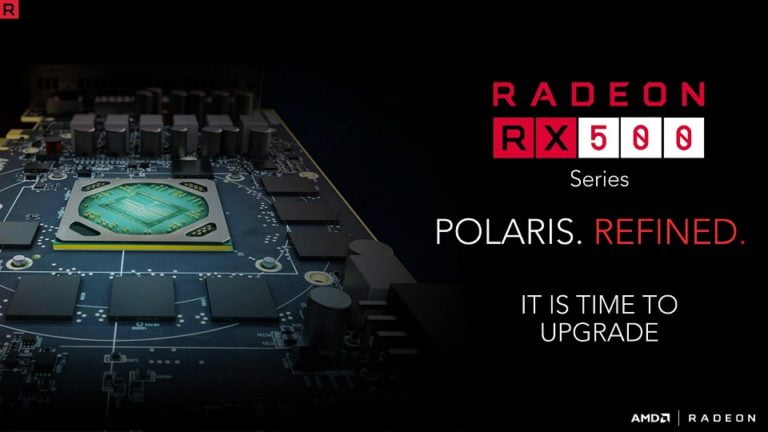Simulated 4-core Ryzen 5 vs Core i7 7700K Benchmark Comparison
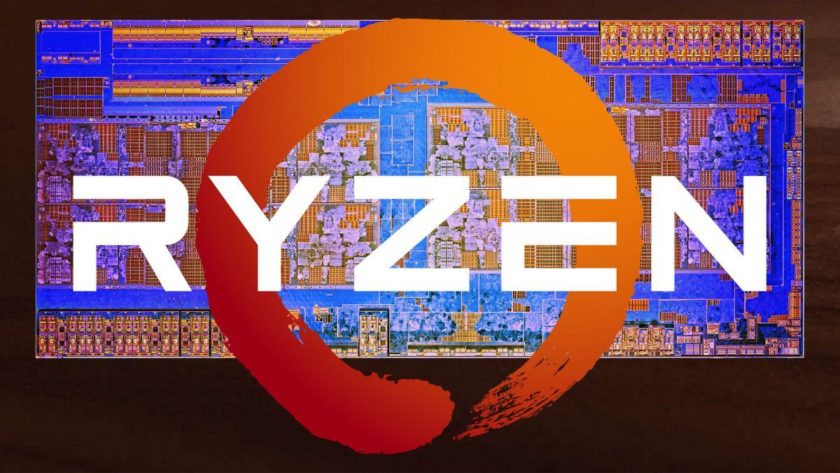
Folks over at Zolkorn have published the benchmarks for the quad-core Ryzen 5 vs Core i7 7700K Kaby Lake, and the results are impressive.
Quad-core Ryzen 5 vs Core i7 7700K: Synthetic & Gaming Benchmarks
AMD has only released their 8-core Ryzen 7 CPUs yet, while the 6-core and 4-core Ryzen are still a couple of months away. However, our friends at Zolkorn chose not to wait to see performance of the upcoming Ryzen processors. Using some flexible BIOS options introduced by AM4 motherboard makers, they disabled cores as well as the L3 cache on the Ryzen 7 1800X to effectively create a quad-core Ryzen 5 CPU.
More specifically, four out of eight cores and eight out of 16 threads of the 1800X were disabled. Half of its 16MB L3 cached was also disabled, and the result was the Ryzen 5 1500X, which is expected to feature 3.5GHz base clock and 3.7GHz boost clock.
For the test, however, the Ryzen CPU was set to a fixed 4.0GHz, which represents a 200MHz overclock compared to the standard quad-core boost clock. Meanwhile, Intel’s Kaby Lake flagship was underclocked compared to its base clock, to set at the same 4.0GHz frequency.
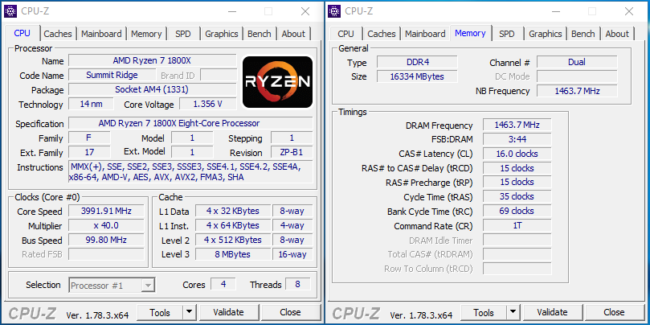
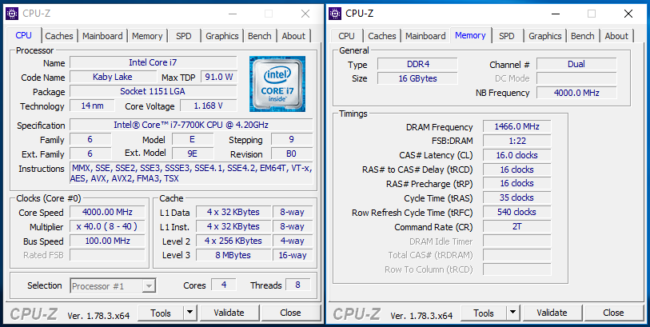
This was done to effectively create the same core for core, clock for clock conditions, but this also tends to make the comparison unreal (sort of), since the chips are usually put into operation at the preset frequencies. Nevertheless, the benchmarks give an idea of what the chips will be able to accomplish.
Read More: AMD Zen 2 based Pinnacle Ridge Planned for Early 2018, Zen 3 Also In Works
Without further ado, here are the quad-core Ryzen 5 vs Core i7 7700K benchmark results.
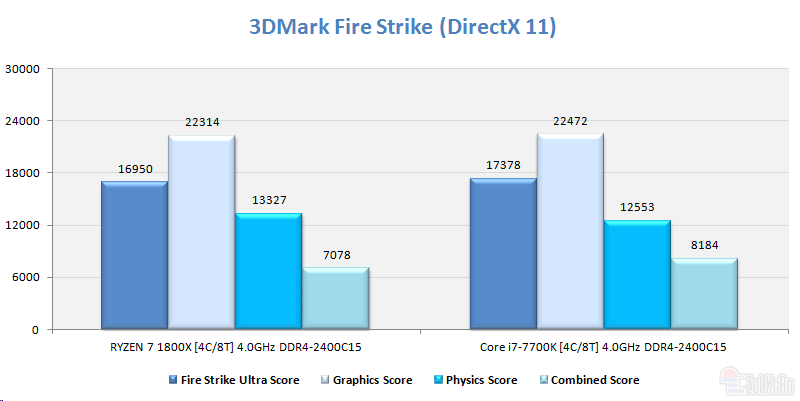
Ryzen 5 1500X vs Core i7 7700K – gaming performance
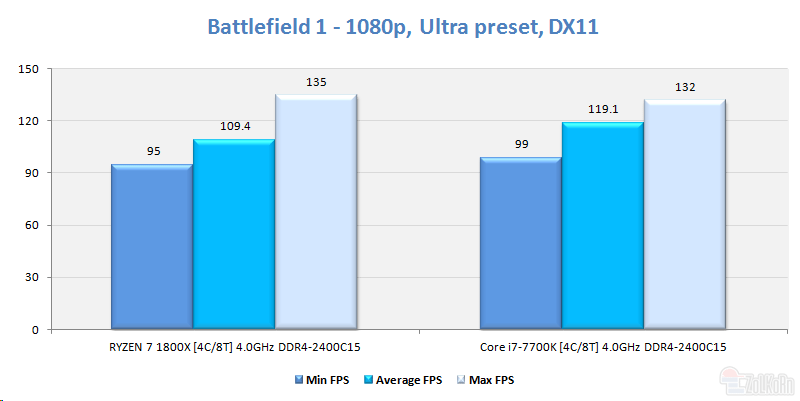
The Ryzen quad-core does manage to outpace the 7700K in a few notable synthetic tests, but overall, the latter wins in both synthetic and gaming benchmarks, which shouldn’t be a surprise. Apparently, the simulated Ryzen 5 CPU delivers Haswell levels of performance, and it’s still impressive considering 1500X will be priced around $200.
That’s an attractive performance per Dollar proposition of course. We can expect to see even better results once software optimizations and BIOS updates are in effect.
You May Also Like:

